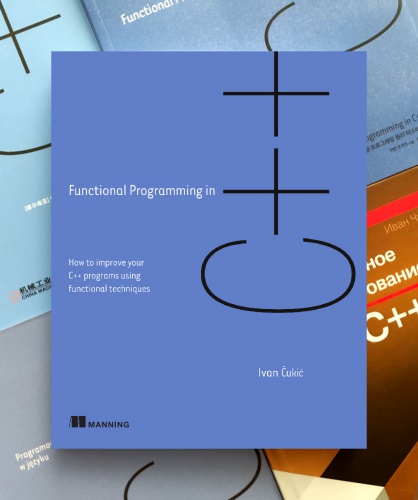The KDE libraries (and some other parts as well) require that the code uses the so called d-pointer or pimpl (private implementation) idiom (see [1] and [2]). It makes it easier to keep the ABI unchanged, and it speeds up the compilation with insignificant runtime costs.
It usually goes like this - declare a Private class and a const pointer to it named d and (de)initialize it properly. Instead of having private class members, put them in that class. [2]
-- .h -------------------
class MyClass {
<font color="silver">:::</font>
private:
class Private;
Private * const d;
};
-- .cpp -----------------
class MyClass::Private { <font color="silver">:::</font> };
MyClass::MyClass()
: d(new Private())
{
d->name = "I'm a private class member to replace m_name :)";
}
MyClass::~MyClass()
{
delete d;
}
-------------------------This works. But having explicit new and delete operators is generally frowned upon in the modern C++ world. It is quite easy to forget to add the delete d to the destructor. And it is nothing more than unnecessary boilerplate. The example at [1] improves this situation by using the QScopedPointer which automatically does the deletion for you.
With the new C++11 features (these are available since gcc 4.4), this can be made even cleaner.
|
|
No special handling of d, no new and no delete. Even if the Private class had a constructor with arguments, the implementation would be pretty:
|
|
For the implementation of d_ptr class, you can see the d_ptr.h and d_ptr_implementation.h from kactivities repo [3].
Now, the code is perfectly safe. If you make a mistake, it will be detected by the compiler, and will not propagate to runtime.
[1] Library_Code_Policy:D-Pointers
[2] Binary Compatibility Issues With C++
[3] kde:kactivities



